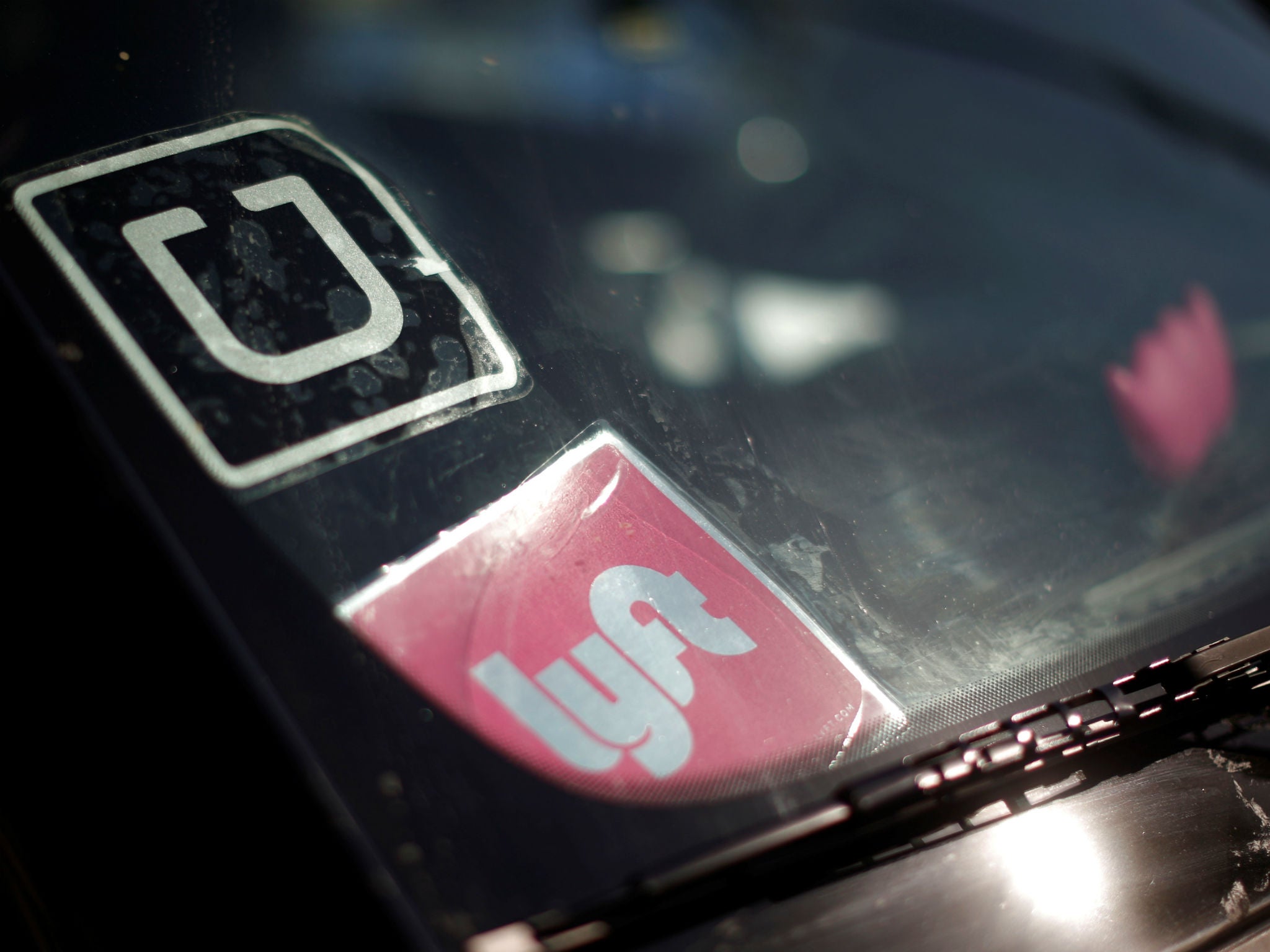Most Uber and Lyft drivers earn less than minimum wage and a third lose money, study finds
Uber and Lyft dispute study's methodology Bold text Italic text Underlined text
blahblahblah
- Numbered list
- two
- three
then blahblah
- Bullet list
- two
- three points

Your support helps us to tell the story
From reproductive rights to climate change to Big Tech, The Independent is on the ground when the story is developing. Whether it's investigating the financials of Elon Musk's pro-Trump PAC or producing our latest documentary, 'The A Word', which shines a light on the American women fighting for reproductive rights, we know how important it is to parse out the facts from the messaging.
At such a critical moment in US history, we need reporters on the ground. Your donation allows us to keep sending journalists to speak to both sides of the story.
The Independent is trusted by Americans across the entire political spectrum. And unlike many other quality news outlets, we choose not to lock Americans out of our reporting and analysis with paywalls. We believe quality journalism should be available to everyone, paid for by those who can afford it.
Your support makes all the difference.Most Uber and Lyft drivers earn less than minimum wage, according to a new study.
Research conducted by the MIT Center for Energy and Environmental Policy Research found that drivers earned a median wage of around $3.37 (£2.44) per hour. Around three-quarters of drivers made less than their state’s minimum wage, the study found, and about 30 per cent were losing money after deducting expenses.
“Results indicate that profit from ride-hail driving are very low,” concluded the study, which analysed surveys of over 1,100 drivers and data on the costs of necessities like insurance and fuel.
As the so-called “gig economy” has rapidly expanded, leading more Americans to derive earnings from on-demand tasks, critics and some economists have argued the burgeoning sector deprives workers – who are often independent contractors rather than employees – of sufficient pay or benefits.
Companies like Uber have pushed back on those criticisms, arguing that the appeal of on-demand work lies in its flexibility and noting that many gig workers have multiple different sources of income. The MIT study found that some 80 per cent of drivers worked fewer than 40 hours per week.
Uber discounted the study, questioning its methodology and noting similar research had found a substantially higher median wages.
“While the paper is certainly attention grabbing, its methodology and findings are deeply flawed,” a spokesperson said. “We’ve reached out to the paper’s authors to share our concerns and suggest ways we might work together to refine their approach”.
Similarly, Lyft said in a statement that an initial review of the study had turned up “some questionable assumptions”.
“An ever-growing number of individuals around the country are using Lyft as a flexible way to earn income, and we will continue to engage with our driver community to help them succeed,” Lyft spokeswoman Alexandra LaManna said.
Join our commenting forum
Join thought-provoking conversations, follow other Independent readers and see their replies
Comments